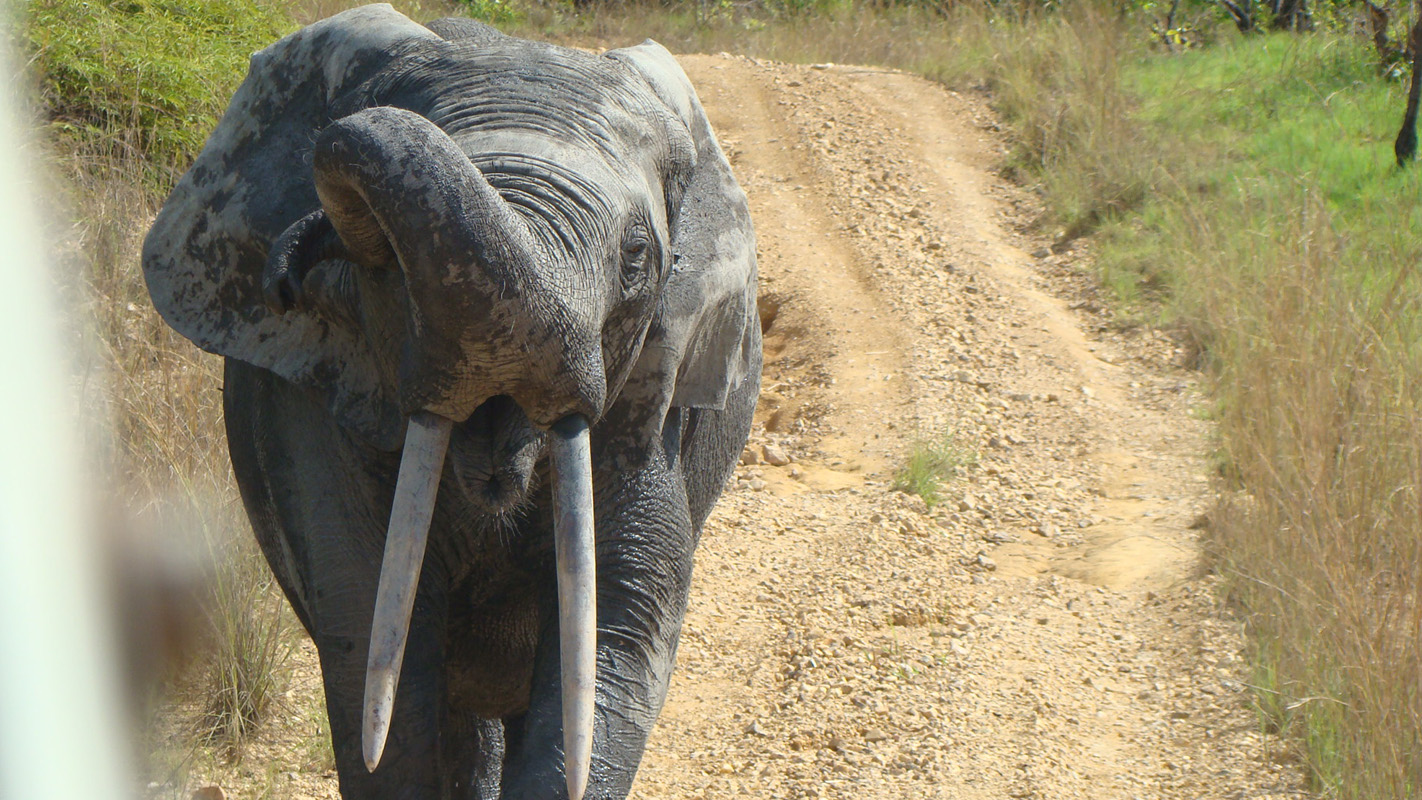biology
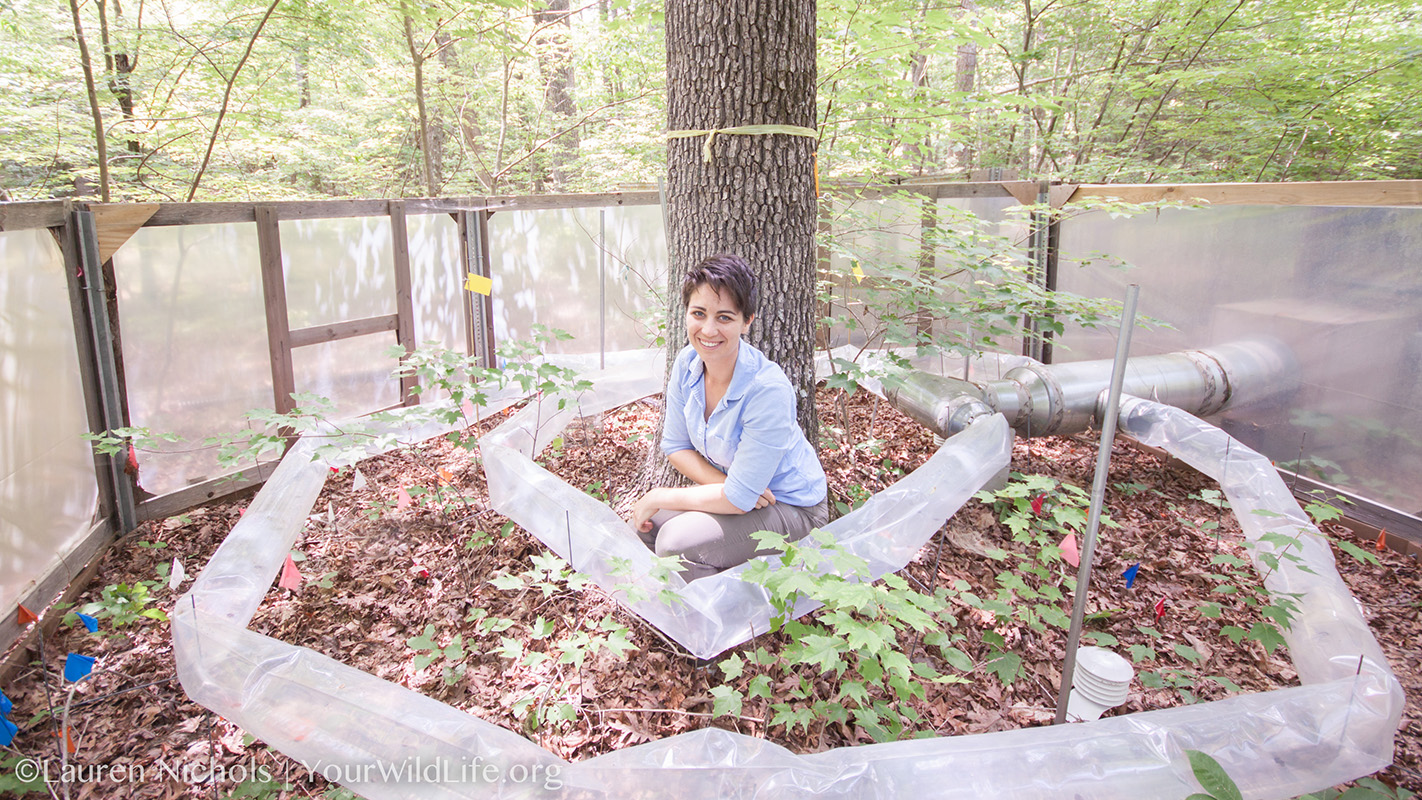
Researchers Seek Sneak Peek Into the Future of Forests

New Project Tackles Genetic Switchboard for DNA

Researchers Can Trace Dust Samples Using Fungal DNA
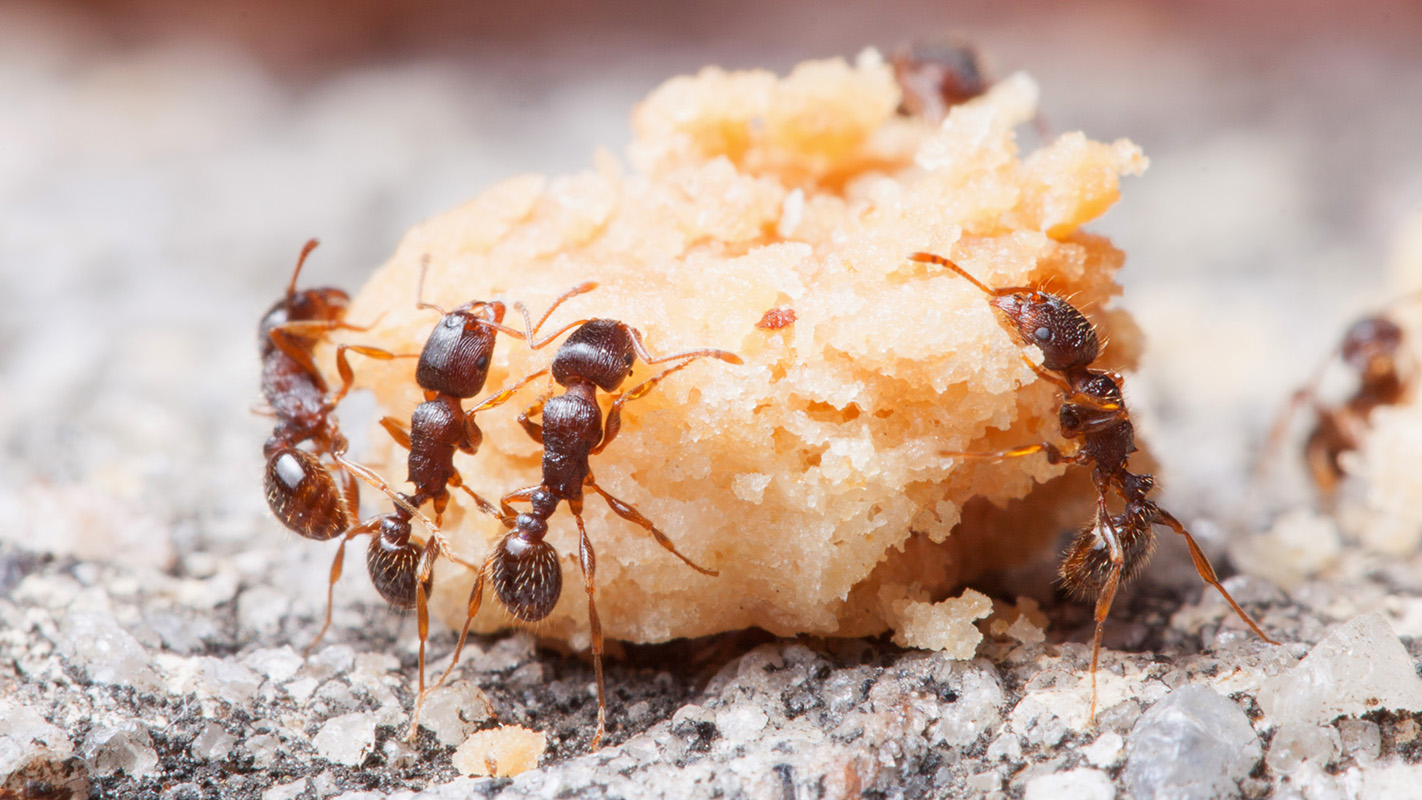
Isotope Study Shows Which Urban Ants Love Junk Food
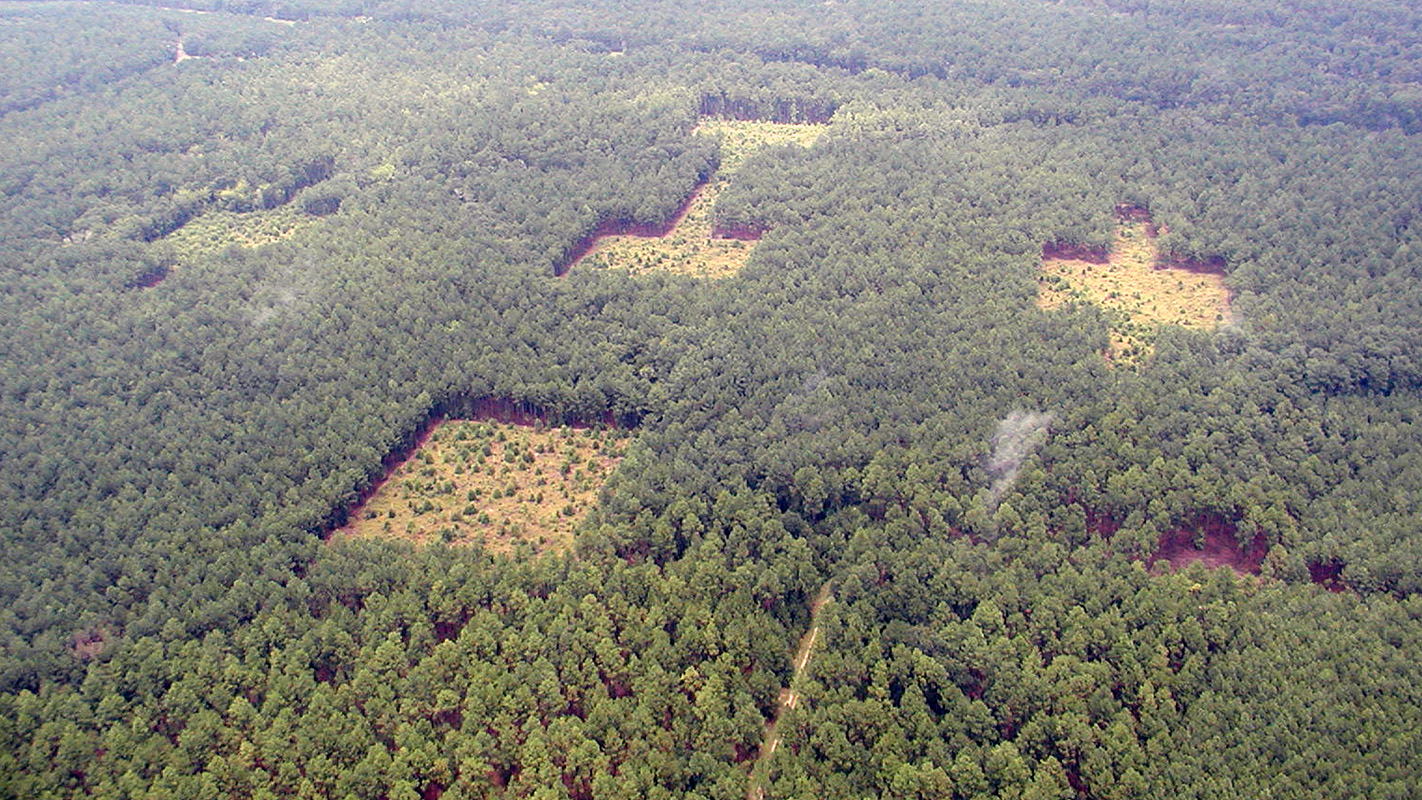
Shrinking Habitats Have Adverse Effects on World Ecosystems

Exploring the Deep Sea: Adventures of a Researcher in the Field
Mapping Human Disease: ‘Not All Pathogens Are Everywhere’
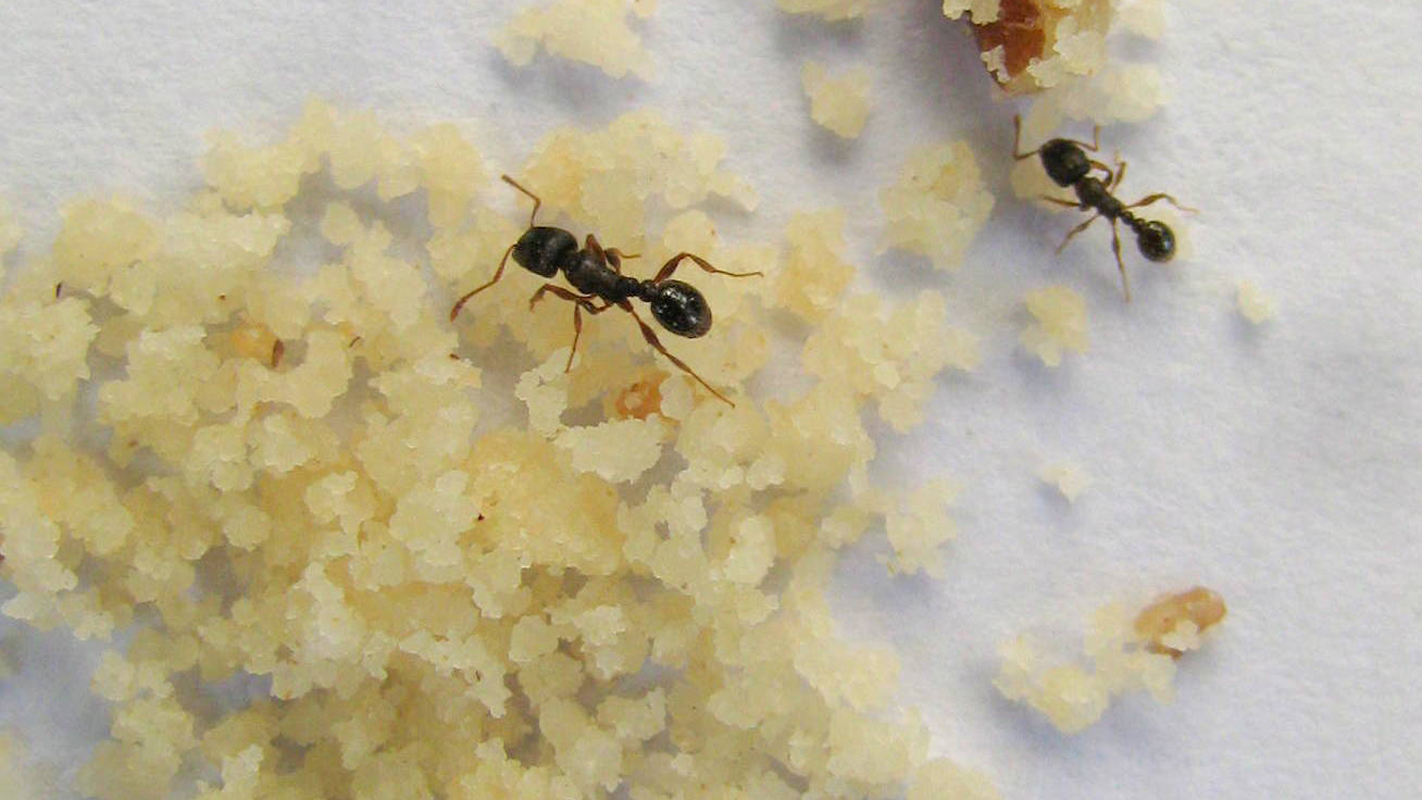
Study Finds Insects Play Important Role in Dealing with Garbage on NYC Streets
Environmental ‘Tipping Points’ Key to Predicting Extinctions
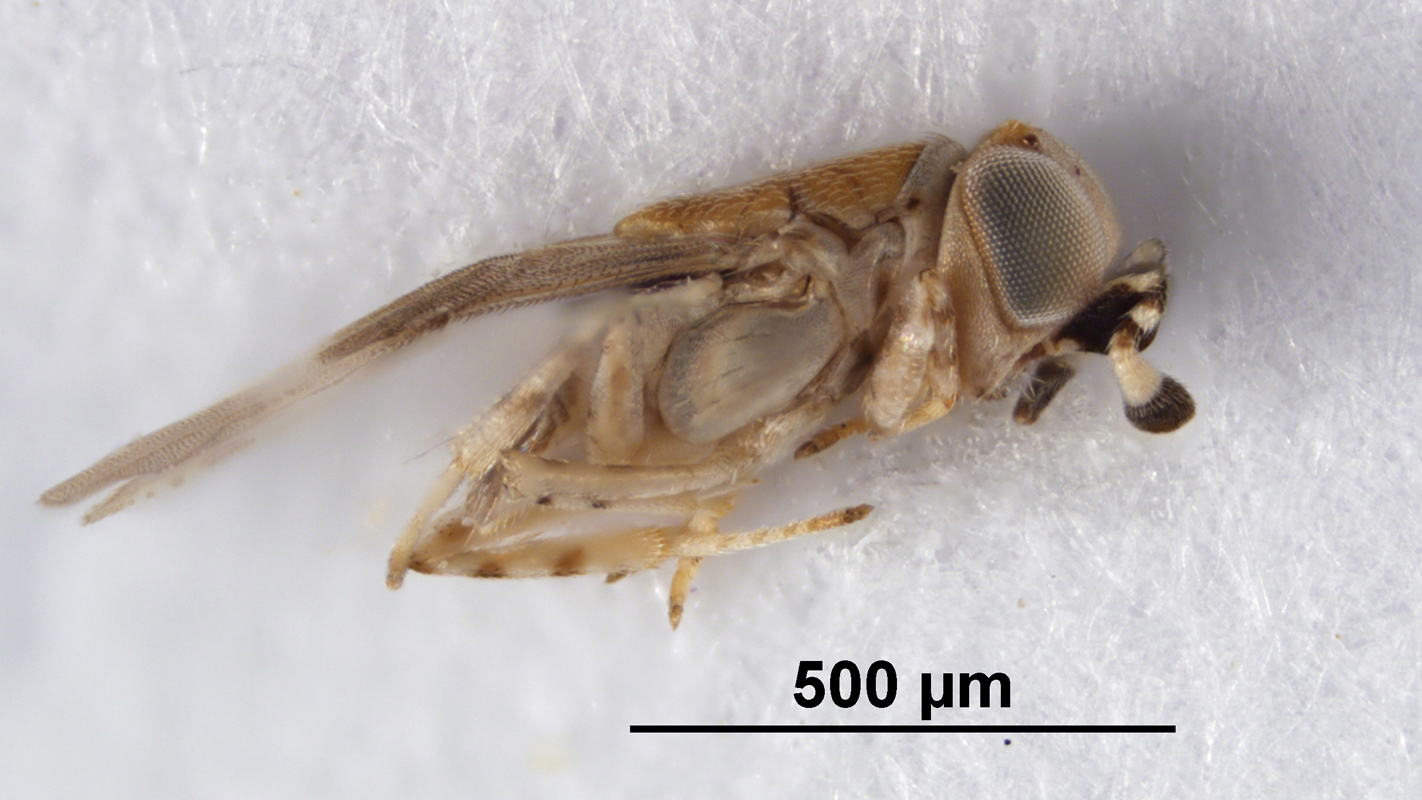
Warmer Temperatures Limit Impact of Parasites, Boost Pest Populations
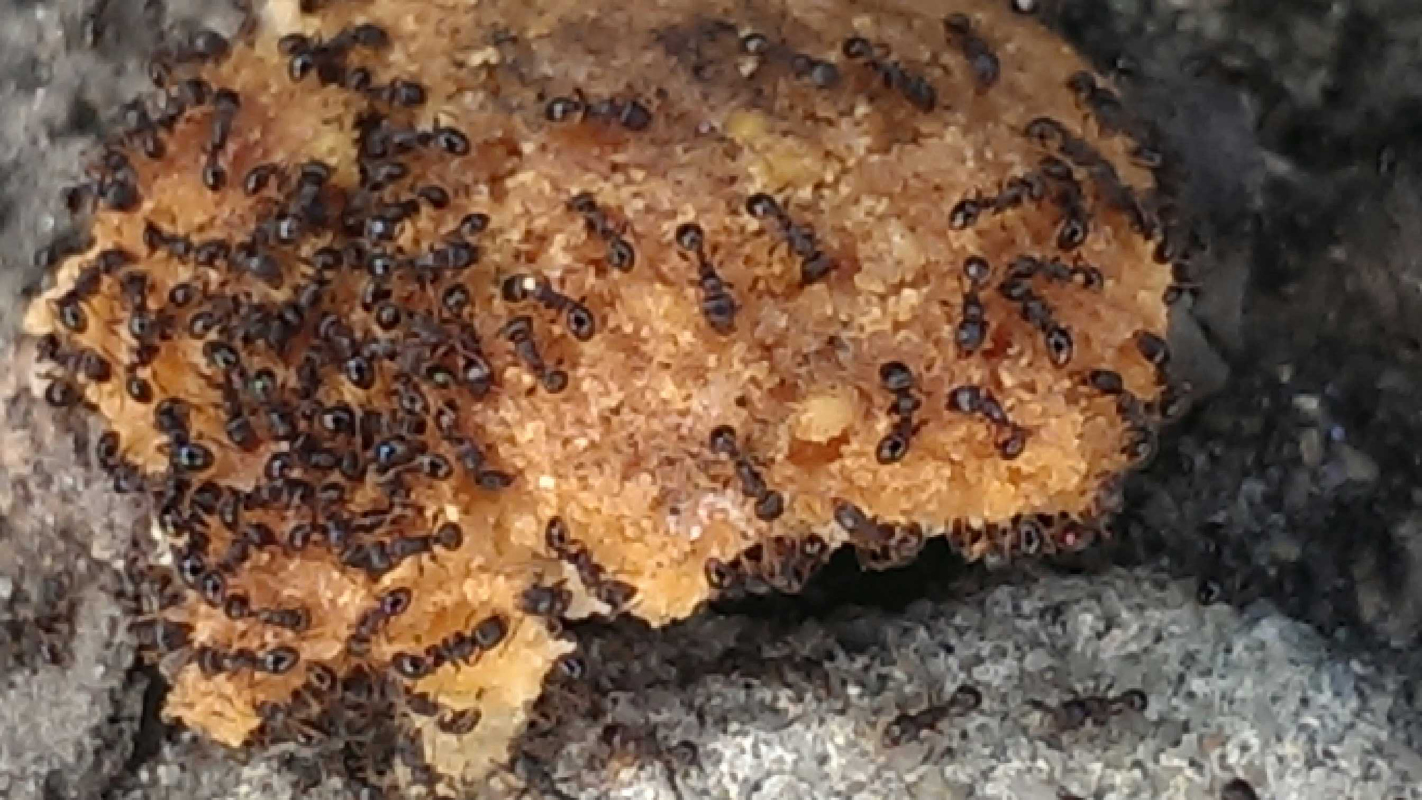
Inhabit(ants) of New York City: High Diversity Underfoot in Urban Environments
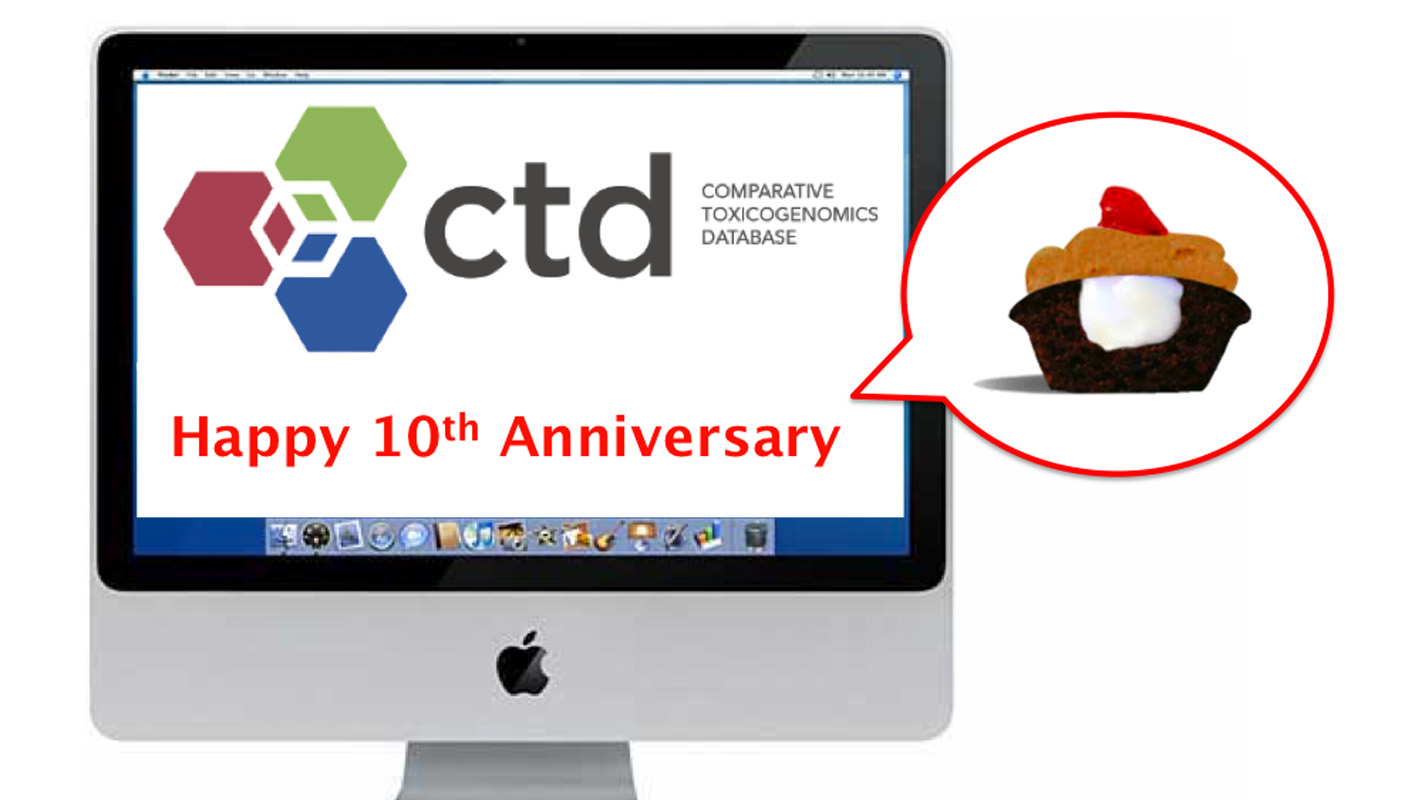
A Decade of Genes, Chemicals and Human Health: The Comparative Toxicogenomics Database Turns 10

Biofuel Breakthroughs

The Devil’s in the Details: More Research Needed to Address Synthetic Biology Security Concerns
